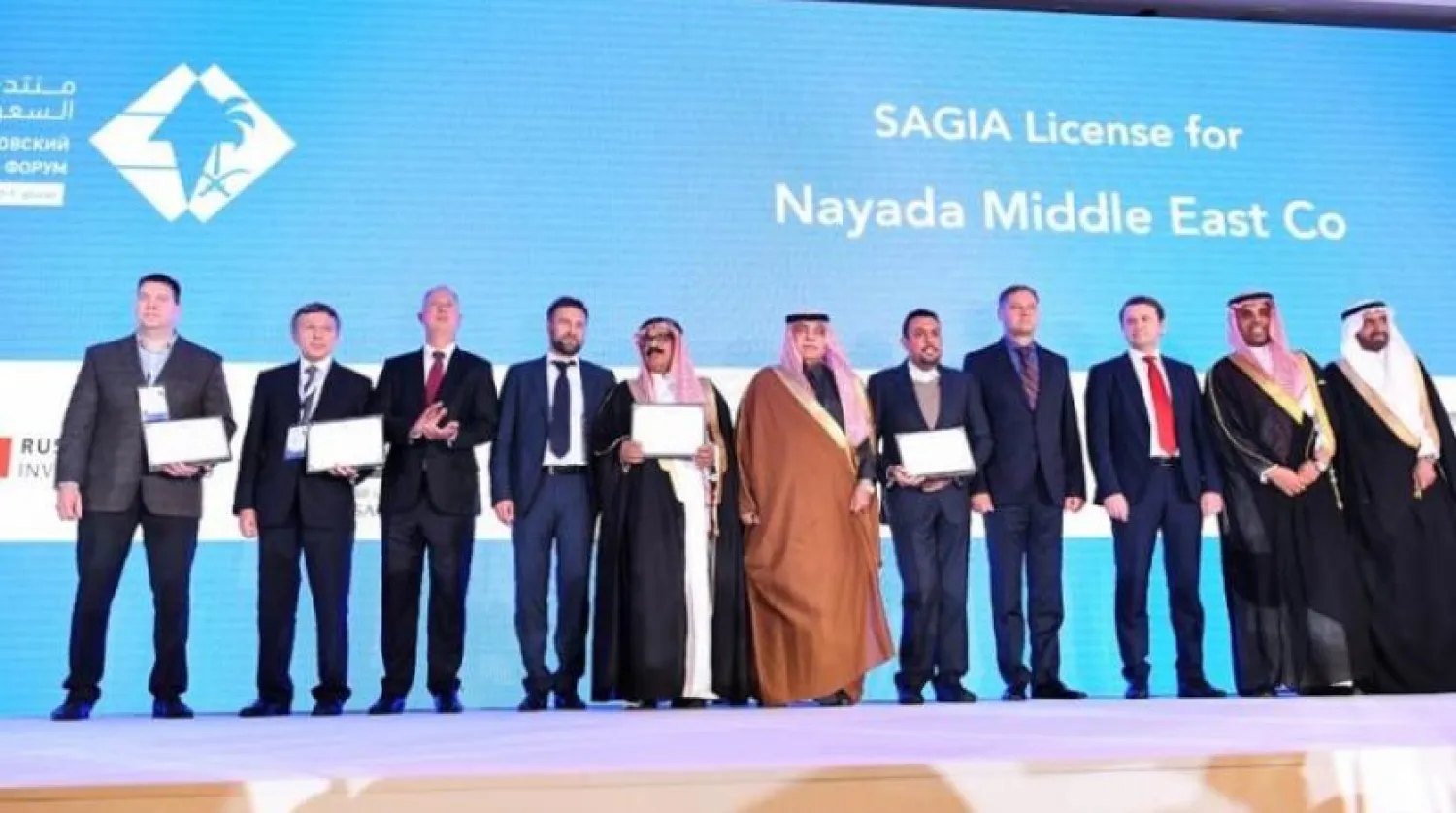Saudi Energy Minister Khalid al-Falih said on Thursday that King Salman’s historic visit to Russia will witness the signing of memoranda of understanding in several fields.
The visit shows the high degree of mutual trust between Russia and Saudi Arabia, Falih said, speaking alongside Russian Energy Minister Alexander Novak as part of a panel discussion at an energy forum in Moscow.
"This historic visit will witness the signing of memoranda of understanding (MoUs) in several fields that are important to both countries," Falih added.
He said MoUs would be signed with Russia for the peaceful use of nuclear energy as well as other agreements for military industries and marine development.
Russia and Saudi Arabia have helped stabilize crude prices, the minister stated.
Saudi Arabia and Russia have helped secure a deal between OPEC and 10 suppliers to cut output until the end of March 2018 in an effort to reduce a price-sapping glut.
Falih was speaking in a television interview a day after Russian President Vladimir Putin said the supply reduction deal that is due to expire in March could run to the end of next year.
"In the kingdom, we have to keep all options open, President Putin agreed with us on this and expressed his readiness to extend until the end of 2018 if this is agreed, and if this is the best option," Falih told Al Arabiya television.
He said he welcomed the "flexibility" shown by Russia on the issue and said the Saudi government aimed to "be flexible in leading the producing countries in and outside of OPEC to a consensus that takes the market to where we want it to be."
Falih said this week's visit by King Salman to Russia showed the high level of mutual trust between the world's two biggest oil producers.
The two nations would continue working to stabilize the market, King Salman told Putin. The king also said there were opportunities to expand economic cooperation with Russia.
Falih echoed these comments, saying: "I see huge opportunities in front of our countries and for the business sector in both nations."
In addition to investment agreements and MoUs, plans for a $1 billion joint fund to invest in energy projects are also expected to be finalized during the king's trip.
Falih said MoUs would be signed with Russia's state nuclear agency Rosatom for the peaceful use of nuclear energy, alongside other deals for military industries and marine development.
State oil giant Saudi Aramco will sign several non-binding MoUs on Thursday with Russian companies Gazprom , Gazprom Neft, Sibur and Litasco.
Aramco is discussing several investment opportunities with Russian firms, Aramco Chief Executive Amin Nasser said.
The Russian Direct Investment Fund will sign an MoU with Aramco and the kingdom's Public Investment Fund for investments in energy services and manufacturing.










